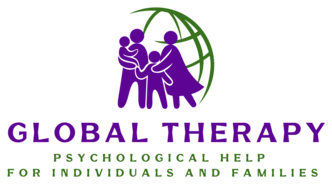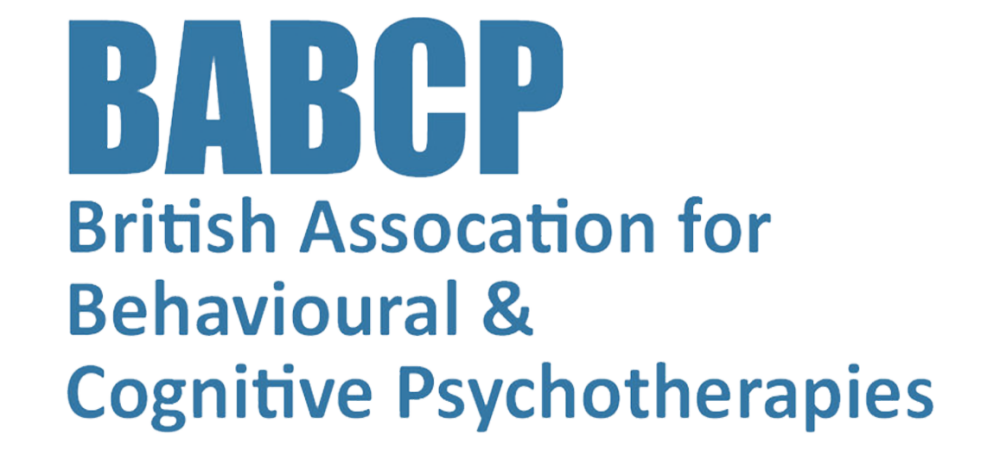
posted 4th June 2025

DYSFUNCTIONAL RELATIONSHIPS
No one wants to think of themselves being in a dysfunctional relationship, but unfortunately, sometimes dysfunction can creep up on us. Although it’s perfectly normal to have the occasional fight or argument, some relationships reach a point where the negative aspects outweigh the positives. And in those cases, it’s important to be aware of some common red flags of dysfunctional relationships so you can know when it’s time to leave. So, how can you tell if you’re in a dysfunctional relationship?
First and foremost, it is important to distinguish dysfunctional from troubled, strained, challenged, or any other negative term you might use to describe experiencing a downturn or "rough patch." All couples have their difficulties. Whether you are still in your first six weeks or celebrating your 20th anniversary, you and your partner will be learning about each other and yourselves through this relationship. When two people grow together and progressively open up to one another, there is inevitable friction.
Friction, in turn, can often lead to conflict. But that’s not to say that all conflict is inherently bad. Although no one likes to fight, couples in healthy relationships talk through their issues openly and honestly.
Sometimes, in the course of a fight, you and your partner might say upsetting things, but you may also be able to use that fight to work through the issues that are bothering you. So, if your fights are more helpful and constructive than hurtful and aggressive, there’s a good chance that you’re in a healthy relationship. In fact, you and your partner may even benefit from the occasional fight!
But the context—and results—of your fights are important. So, if you and your partner are fighting constantly without achieving positive results that improve your relationship, this may be a sign that you’re experiencing unhealthy and unhelpful levels of conflict in your relationship. In the next section, we’ll explore this topic in more detail and learn about constructive ways to handle conflict. In some cases, it’s possible that you and your partner aren’t dysfunctional; you just might not have the right tools to successfully work through conflict. And, fortunately, that can be easily fixed.
A dysfunctional relationship involves a cycle of unhealthy behaviors that result in more hardship than good times. If you find yourself in one, recognizing it and making changes is essential.
No relationship is perfect, but a dysfunctional relationship involves more disappointment and pain than happiness. Dysfunctional relationships can be harmful to your well-being and may trigger a toxic cycle.















